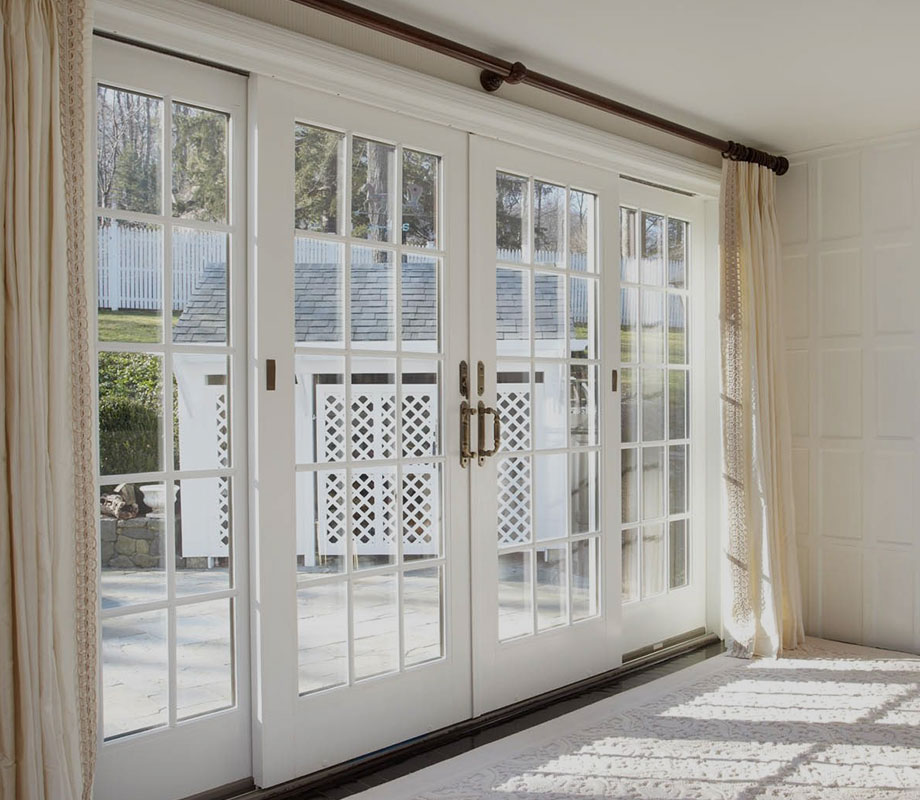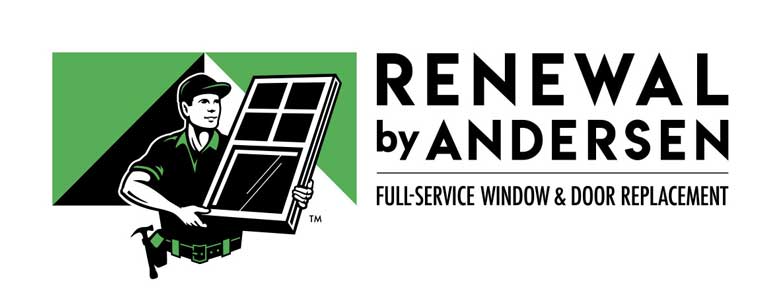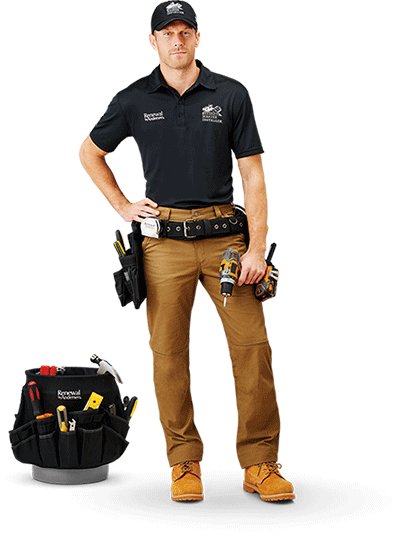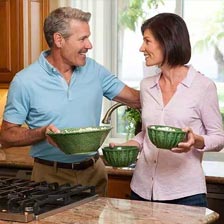Windows and doors play a crucial role in your home’s energy efficiency, security, and curb appeal. But how do you know when it’s time for an upgrade? If you’re experiencing high energy bills, drafts, or difficulty operating your windows and doors, it may be time to consider a replacement. Let’s explore the key signs that indicate when a replacement is necessary.
Common Signs of Aging Windows and Doors
- Drafts and Air Leaks
- If you feel a cold draft near your windows and doors, they are likely allowing unwanted airflow.
- Seals and weather stripping wear out over time, reducing insulation and increasing energy bills.
- Difficulty Opening or Closing
- Sticking or warping frames indicate moisture damage or frame expansion.
- Doors that don’t close properly reduce security and let in air leaks.
- Visible Damage or Decay
- Cracks, warping, and rotting wood are clear signs of deterioration.
- Aluminum or vinyl frames may have dents or fading, affecting your home’s appearance and insulation.
- Condensation Between Glass Panes
- If you notice foggy windows, it means the seal is broken, allowing moisture to seep in.
- Broken seals reduce insulation efficiency and require replacement.
- Increased Energy Bills
- Older windows and doors are less energy efficient, forcing your HVAC system to work harder.
- Energy Star-rated replacements can reduce heating and cooling costs significantly.

How Old Is Too Old?
Most windows last between 15-20 years, but this varies depending on:
- The material (wood windows may require more maintenance, while composite materials lasts longer).
- Your climate and exposure to extreme temperatures.
- The quality of the original installation.
Doors can last 20-30 years, but frequent exposure to harsh weather can speed up wear and tear. If your windows or doors are over 15 years old and showing any of the above signs, it’s time to start considering a replacement.
The Impact of Outdated Windows on Energy Bills
Older windows and doors can cause energy loss of up to 30%, increasing your heating and cooling costs. Here’s how:
- Single-pane glass allows too much heat exchange.
- Old seals and gaps let air escape, forcing HVAC systems to work harder.
- Outdated materials don’t offer modern insulation benefits.
By upgrading to double or triple-pane windows, you can reduce energy loss, improve insulation, and make your home more comfortable year-round.
Replace Your Windows and Doors Today
If your windows and doors show signs of wear, replacing them can enhance your home’s efficiency, security, and value. Whether you’re experiencing drafts, rising energy bills, or difficulty operating windows and doors, investing in high-quality replacements will provide long-term benefits.








